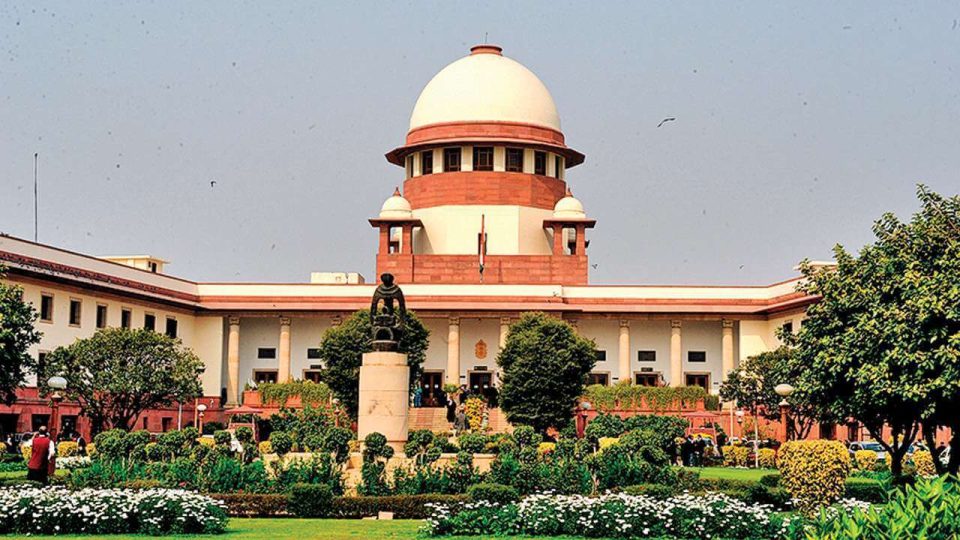On Wednesday, the Supreme Court rejected the Ministry of Finance‘s appeal alleging that Citibank and Standard Chartered Bank violated foreign exchange regulations and RBI guidelines when they acted as authorised dealers in India to handle non-resident external (NRE) accounts in 1992-93.
According to the government, banks accepted huge foreign currency deposits without NRE account holders in 1993, which violated RBI guidelines and the Foreign Exchange Regulations 1973. Eight years later, the ministry issued notices of grounds for breaching FERA regulations to banks, requiring them to accept foreign currency deposits in NRE accounts from individuals other than NRI account holders.
Upholding the Delhi High Court’s ruling in favour of the banks, the judges, consisting of Justices BR Gavai and PS Narasimhan, said the show led to the authorities issuing a notice in 2002, nearly a decade after the alleged 19921993 transaction date, which “was not legally established.”
HC argues that the bank’s insistence on the person’s responsibility for the deposit was unclear and was not clarified to the bank until after the questioned transaction in 1993. Banks are not obligated to keep records for more than eight years for ten years, which is disruptive to banks.
“The alleged transactions took place in fiscal years 1992 and 1993. The show cause notice for the above transaction was issued in 2002, just before the FERA sunset period expired on June 1, 2002. Therefore, we are considering views showing a show cause notice and litigation proceeding on that basis may be put on hold on this short line,” the SC said.
Writing for the judge, Justice Gavai said that while the RBI has the power to direct any bank by written order to keep any books, accounts or other documents etc., for longer than the period stipulated in its rules, such order has not been recorded in the Keep transaction record.
Banks must keep records for five and eight years, respectively, so the judge said it was “unfair and unreasonable” to allow show-cause notices and procedures based on that notice for transactions that occurred eight years ago.
Sandeep Narain, SC’s lawyer representing Citibank, said the SC’s decision also means that the RBI notice of July 31 1995, prohibits such transactions from being forward-looking in its application and cannot be applied to any transactions before that date. Trading. “Therefore, SC’s judgment will have implications for several pending prosecutions of similar facts and several petitions in various HC trials pending the outcome of this case,” he added.
The RBI’s review of the NRE accounts in July 1995 found serious irregularities in the operation of these accounts, particularly in the provision of foreign currency/bank bill yield credits.
The RBI has clarified that authorised dealers are advised that under no circumstances should any foreign currency/bank bills and traveller’s cheques be deposited into NRE accounts using power of attorney or by anyone other than the account holder.
Citibank accepted foreign currency cash deposits equivalent to Rs 23.17 lakh to NRE accounts between October 1992 and January 1993, taking the position that only NRI account holders could deposit foreign currency into their NRE accounts in 1995, Effective July 31, 2019, according to the RBI notification, the restrictions cannot be applied retrospectively.
American Express Bank, which merged with SCB in March 2008, was also accused of violating Fera’s rules by accepting cash deposits worth more than Rs 84 lakh from non-account holders’ NRI accounts in 1993 instead of complying with the rules.







